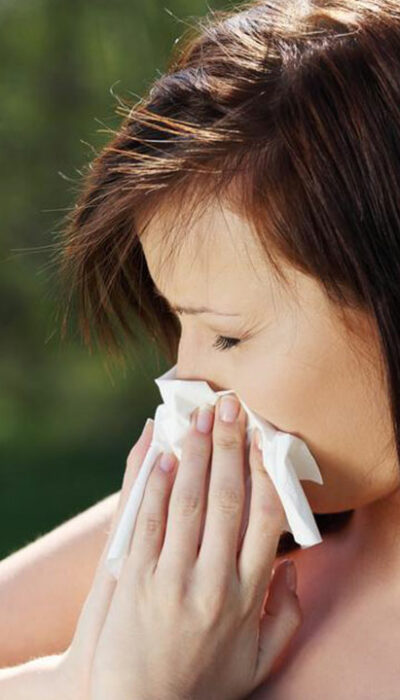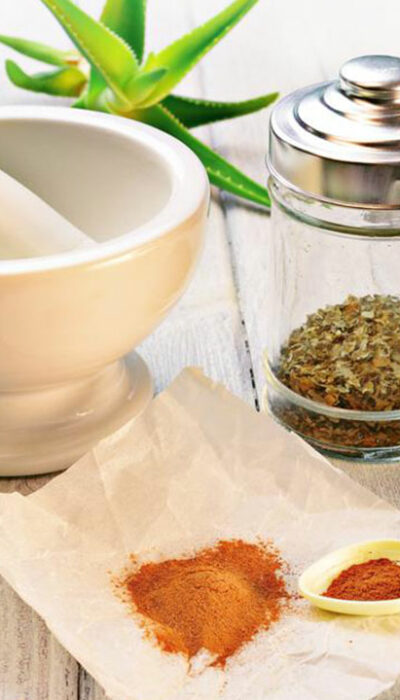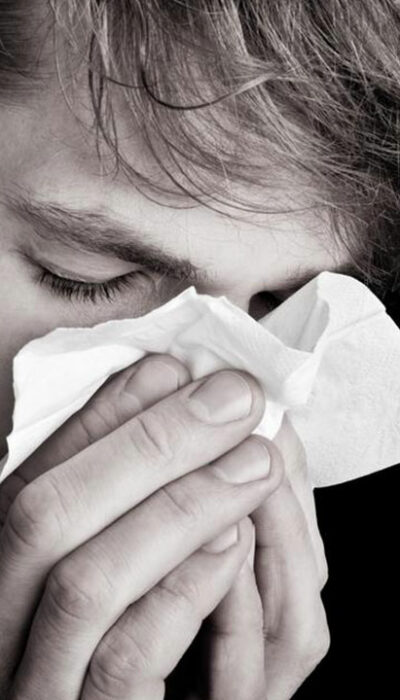
Use These Remedies to Avoid or Control the Symptoms of Mold Allergy
Mold and mildew are types of fungi. The “seeds” called spores spread through the air. This usually happens in dry and windy weather; however, they also spread in fog or dew due to high humidity. A mold allergy is an overreaction due to breathing in mold spores. A person allergic to mold spores experiences itching and cough in eyes. In some people, mold allergy can be caused due to asthma. When people suffering from asthma are exposed to mold spores, they experience restricted breathing and other airway symptoms. This happens when the spores reach the lungs through the nasal tract. One may also experience symptoms of hay fever due to mold spores. Like symptoms of any other types of allergies, symptoms of mold allergy include sneezing, itching, runny nose, congested chest or a dry cough, and scaling of the skin. Here are some ways through which you can reduce the symptoms of mold allergy: To control the symptoms of mold allergy, take steps to limit your exposure to the spores, both indoors and outdoors. Pay attention to outdoor spore levels when they are high. Spore levels are more likely to be high in places like greenhouse, farms, flower shops, construction sites, and antique shops. If you still have to visit these places, make sure that you take your medication or wear a dust mask before you go in. If you are already experiencing symptoms of mold allergy, be aware of what to avoid. Wear a dust mask when you are near uncut fields and piles of damp leaves. Take a shower and wash away any mold spores that might have got stuck on your skin or hair. In order to control the symptoms of mold allergy, take measures to make the indoors less moisture friendly by controlling the amount of moisture in the air.










